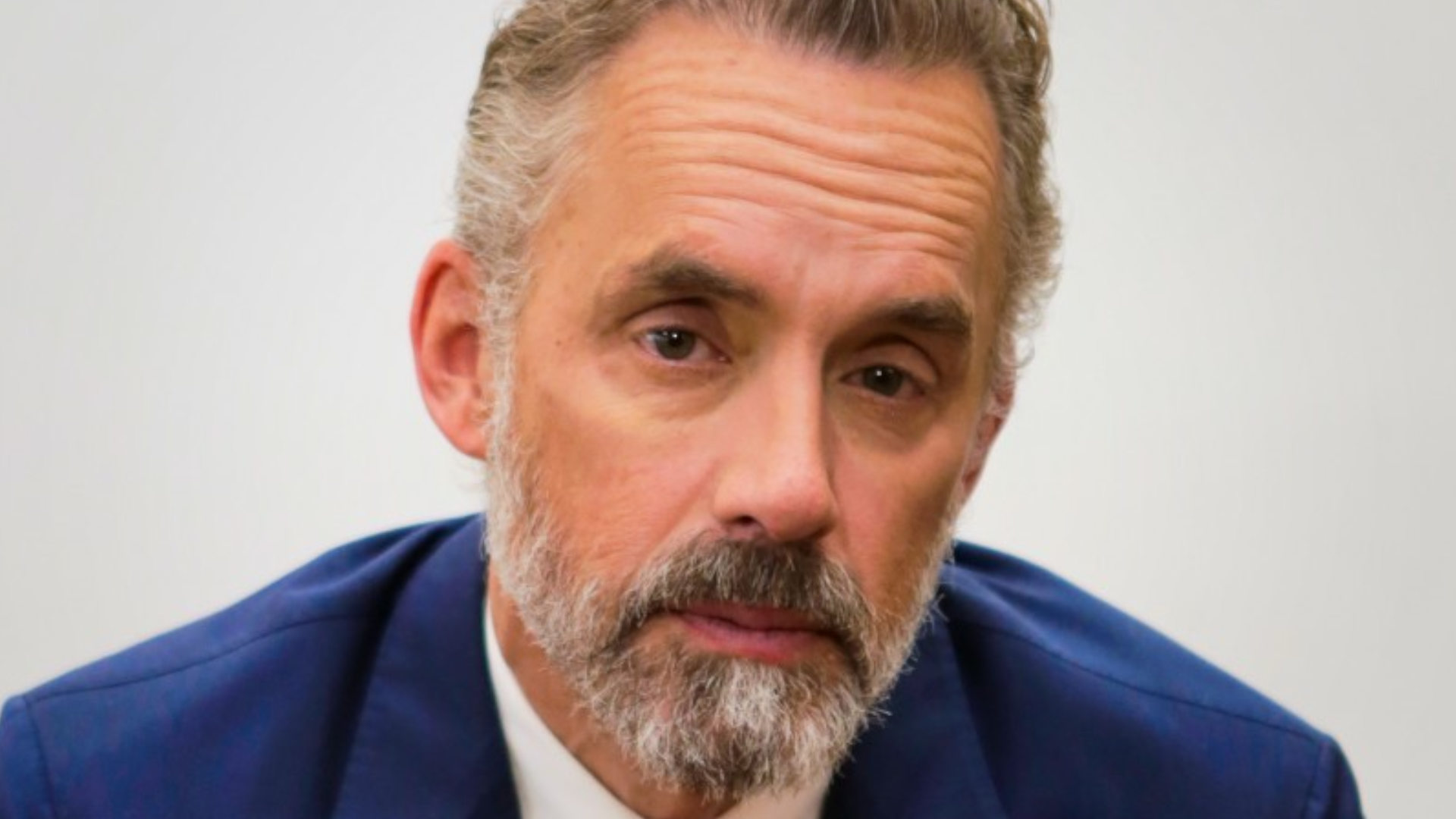A recent investigation shedding light on the distressing prevalence of nonconsensual pornography on OnlyFans, a platform widely recognized for its adult content, has sparked a significant outcry among lawmakers in the United States and Britain.
This investigation, uncovering over 140 police complaints of such exploitation, underscores a dire need for enhanced protective measures against online sexual abuse.
U.S. Representative Ann Wagner, a Missouri Republican, vocalized her condemnation of the alleged abuses, labeling them as “absolutely unconscionable.”
The investigation’s findings resonate deeply with Wagner’s longstanding concerns about Americans being sexually exploited on platforms like OnlyFans.
In response, Wagner, who championed a pivotal federal law in 2018 enabling victims to pursue legal action against websites knowingly hosting abusive commercial sex activities, is calling for intensified efforts from Congress and federal law enforcement to address these violations.
The probe, which involved public records requests to the largest U.S. law enforcement agencies and an examination of court cases, identified 128 instances from January 2019 to November 2023 where individuals reported their sexual content had been shared on OnlyFans without their consent.
One particularly harrowing case involved a Florida woman who, in November 2022, filed a lawsuit against OnlyFans, alleging the platform facilitated the posting and sale of a video capturing her rape.
This legal action leverages the federal statutes, including the law sponsored by Wagner.
These developments underscore the complex challenges inherent in regulating content on adult-only platforms and safeguarding individuals’ rights and dignity.
The mounting police complaints and ensuing legal battles signal a critical juncture in the discourse surrounding digital consent and the responsibility of online platforms in preventing sexual exploitation.
As lawmakers in both the U.S. and Britain rally for stringent safeguards, the spotlight on OnlyFans could precipitate broader legislative and policy reforms aimed at curbing online sexual exploitation.
This concerted push for accountability and enhanced protection measures could pave the way for more comprehensive frameworks to combat nonconsensual pornography and uphold the safety and rights of individuals in the digital arena.



